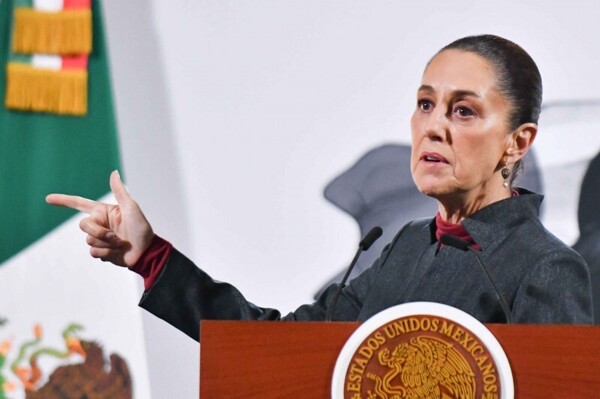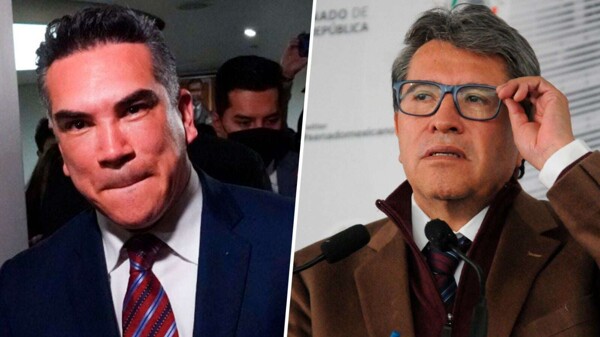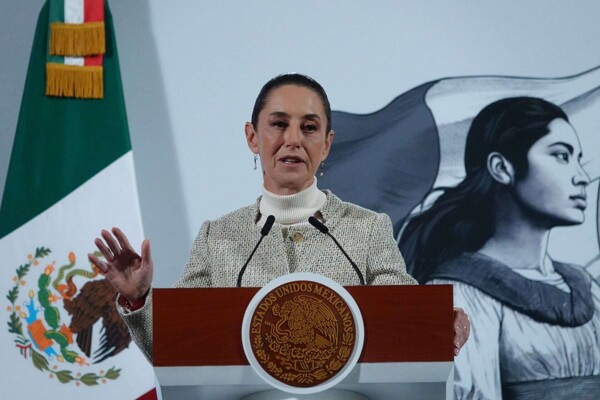
The US Chamber of Commerce, the largest business organization in the world representing companies of all sizes and sectors of the economy, expressed its commitment to work with Congress and the administration in seeking solutions to address the fentanyl crisis and the situation at the border.
In response to the threat of imposing a 25 percent tariff by Donald Trump, the president of Mexico, Claudia Sheinbaum, rejected this measure and ordered the implementation of a "Plan B" led by the Ministry of Economy, headed by Marcelo Ebrard. This plan includes tariff and non-tariff measures to defend Mexico's interests, highlighting the importance of dialogue to resolve issues.
Former Mexican officials, such as Ildefonso Guajardo, have suggested that an effective strategy to counter Trump's tariffs would be to impact the agricultural producers who voted for him in the last elections. They believe that the imposition of tariffs will only lead to a loss of competitiveness and a setback in the bilateral relationships built over decades.
The United States Chamber of Commerce is confident that the authorities of both countries will reach a constructive solution, respecting the bi-national legal framework and the T-MEC guidelines. American business leaders have expressed concerns about the tariffs and will seek solutions to avoid economic harm, emphasizing that this measure will not contribute to the integration and strengthening of the T-MEC region.
John Murphy, Senior Vice President and Director of International Affairs of the US Chamber of Commerce, pointed out that the imposition of tariffs will not resolve the issues raised by Trump and will only increase prices for American families, disrupting supply chains. Likewise, US companies operating in Mexico disapproved of the imposition of tariffs, considering that they will not solve the challenges of insecurity, migration, and drug trafficking, affecting both consumers and jobs in the region.














